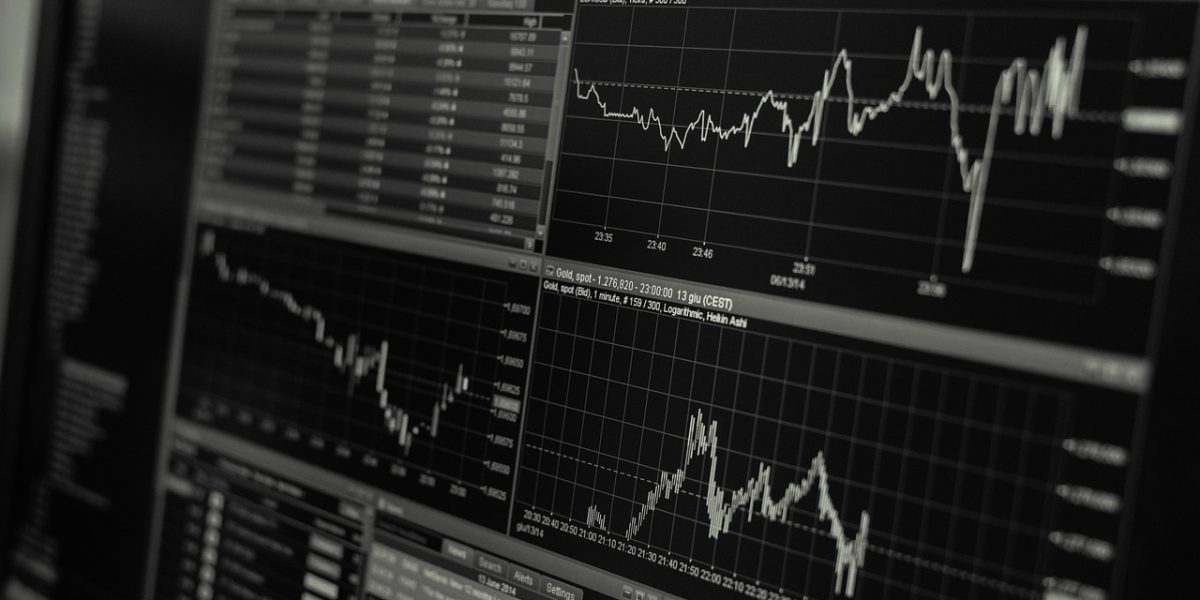The world of finance is no stranger to technological advancements. From the advent of electronic trading to the rise of algorithmic trading, innovations have continuously shaped the way financial markets operate. In recent years, the increasing prominence of artificial intelligence (AI) and machine learning has sparked a debate about the future of financial markets. Will machines eventually take over and run the world’s financial markets? In this blog post, we will explore this intriguing question and delve into the role of AI in shaping the financial landscape.
The Rise of AI in Finance:
Artificial intelligence has gained significant traction in the financial industry, with institutions leveraging its capabilities to gain a competitive edge. Machine learning algorithms can analyze vast amounts of financial data, identify patterns, and make predictions with remarkable accuracy. This has led to the development of various AI-powered applications, including algorithmic trading, robo-advisors, and risk management systems.
The Advantages of AI in Financial Markets:
1. Speed and Efficiency: Machines can process vast amounts of data and execute trades at lightning-fast speeds, eliminating human error and maximizing efficiency.
2. Data-Driven Decision Making: AI algorithms can analyze complex datasets and extract valuable insights, enabling traders to make informed decisions based on objective analysis rather than subjective judgments.
3. Pattern Recognition: Machine learning algorithms excel at recognizing patterns in market data, enabling them to identify potential trading opportunities and generate profitable strategies.
4. Risk Management: AI can help identify and manage risks more effectively, allowing financial institutions to mitigate losses and optimize their portfolios.
The Human Factor:
While AI brings undeniable advantages to financial markets, it is important to recognize the continued importance of human involvement. Despite the ability of machines to analyze data and make decisions, human intuition, experience, and expertise still play a crucial role in the financial world.
1. Contextual Understanding: Humans possess the ability to interpret market dynamics in light of geopolitical events, economic trends, and other factors that machines may struggle to comprehend fully.
2. Emotional Intelligence: Financial markets are influenced by human behavior, sentiment, and irrationality. Human traders can factor in these emotional aspects and make judgments accordingly.
3. Adaptability: Financial markets are dynamic and subject to constant change. Human traders can adapt to new market conditions, refine strategies, and navigate unforeseen circumstances more effectively than machines.
Collaboration Between Humans and Machines:
Rather than viewing AI as a replacement for human involvement, a more realistic and promising approach is to foster collaboration between humans and machines. This human-AI synergy can leverage the strengths of both parties and lead to enhanced decision-making processes in financial markets.
1. Augmented Intelligence: AI can serve as a powerful tool to augment human capabilities, providing traders with advanced analytics and real-time insights to support their decision-making processes.
2. Risk Management and Compliance: AI algorithms can assist in monitoring regulatory compliance, detecting fraudulent activities, and managing risks more efficiently, allowing human traders to focus on higher-level strategic tasks.
3. Ethical Considerations: Human oversight is crucial to ensure that AI-powered systems adhere to ethical standards and avoid biases that could potentially disrupt market integrity.
While the rise of AI in financial markets is undoubtedly transforming the industry, the notion of machines completely taking over remains speculative. The future of financial markets lies in the collaboration between human expertise and AI capabilities, where machines serve as powerful tools to augment human decision-making processes. The integration of AI in finance has the potential to improve efficiency, reduce risks, and unlock new opportunities, but the human element will always be essential in navigating the complexities of financial markets. By striking the right balance, we can harness the power of AI while ensuring that human judgment and values remain at the core of our financial systems.

